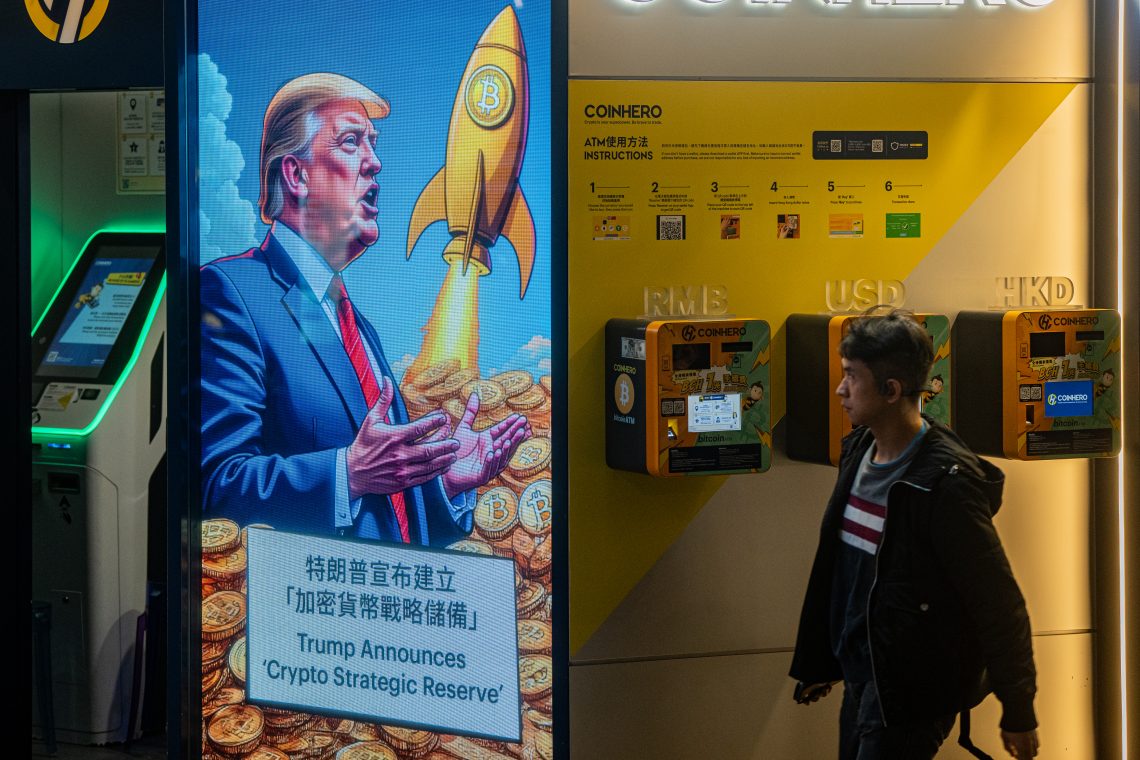The case for privatizing education: A practical way forward
A lot has been said and even more has been written about the countless vulnerabilities and hopeless shortcomings of the public education system. Arguments range from its propensity to produce consistently poor results and to inevitably become politically influenced and exploited, to the lack of opportunities that its cookie-cutter approach offers to both academically divergent and gifted students and the suppressive effect it has on critical thinking skills and on questioning and curious young minds. What is much rarer in the education debate is actual, practical solutions.
This debate has been quite personal to me as a father of two and as someone who believes that the best argument in any debate is a physically demonstrable one. In other words, instead of criticizing and complaining about the many problems of our current system, it is infinitely more helpful and efficient to do something about them. This is why, together with my wife and like-minded friends, when faced with options that didn’t meet the educational goals we had set for our own children, we decided to create a solution of our own: we built our own school.
To introduce some context, our school was built in 2017 El Gouna, a private city in the Red Sea governorate of Egypt that was created in 1990 and is owned and operated by Orascom Development. Uri Schule El Gouna is a non-profit school recognized by Canton Uri and it is the first Swiss school in MENA and Africa to be directly supervised by Swiss authorities and follows the Swiss curriculum. Our vision was quite clear from the start: we were squarely focused on certain humanistic values, on giving the best possible chance and the best possible tools for future success to every individual student and to cut down bureaucracy to the bare minimum. We insisted on small class sizes and on fostering all kinds of diverse skills and talents from music to sports, and from math to literature. The school attracted like-minded parents, who who shared that vision. They came from different backgrounds and held different worldviews on other issues but they all agreed that this was the kind of environment and the kind of approach that would allow their children to thrive. Our school was also unique by virtue of being completely independent of all kinds of State subsidies, allowing our educational model to be fully consistent with libertarian values and to ensure it would remain untainted by governmental influence and restrictions.
Uri Schule El Gouna was a resounding success for all stakeholders. The students enjoyed unprecedented academic freedom and opportunities to pursue and cultivate their unique interests and talents. The teachers also enjoyed similar freedom and flexibility to do their job without unnecessary and cumbersome restrictions and nonsensically rigid protocols and they had the chance to give the needed attention to each individual student due to the small classroom sizes. The parents had the choice to be as involved as they chose in their child’s education and to form meaningful relationships with the people whom they entrusted with their care and development. They had a say in how and what their kids were taught and they had a direct and complete picture of their progress.
However, our little experiment also practically illustrated and clearly proved some of the most important arguments in support of a private education model. Chief among them, is the all-important principle that the State should have absolutely no role in any viable and successful school as its interests and its motives are diametrically opposed to those of the students. The ideal way forward would be total deregulation and complete privatization of the education system. That way, and that way only, can private schools truly thrive: by creating a decentralized model, where different operators could be in free, unfettered and direct competition with each other, catering to the diverse needs of the students and to the preferences and goals of their parents. We could have art-focused schools and athletic academies, schools prioritizing natural sciences and others focused on developing practical skills and teaching various trades. Some schools could compete by placing an emphasis on more structured pedagogical approaches and others could offer child-led education and self-directed learning. Parents could choose the school that fits their children best at an early age, but they would also have the option to switch to different models as their kids grow and demonstrate new interests and inclinations, thereby ensuring an optimal educational development.
That being said, it is also clear that this somewhat of a utopian dream. Under our current political system and given how far entrenched the State already is in the realm of education (as it is in every other aspect of our lives) it is completely unrealistic to hope that the government would ever choose to simply take step back and let private individuals have full control over the education of their own children. The deeper motivations for retaining this control are as cynical as they are obvious; singlehandedly molding the minds of the future voters and taxpayers, unchallenged by meaningful competition, offers blatant political advantages. Of course, that’s not the argument employed by statists and propagandists. Instead, they prefer to focus on attacking the private model and painting it as either ineffective or elitist or both. Critics of privatization often point to concerns about equality and access, claiming that students from underprivileged or marginalized backgrounds would be left behind. They’d only have bad choices, if any at all, due to their parents lower incomes. That argument is clearly misguided, of course, as privatization has the exact opposite effect in every other industry: the free market consistently makes things cheaper and better. In the case of education, it has the potential to do the same. It’s not hard to provide an education for less than CHF 15,000 a year (that’s the average public school cost per student per year in Switzerland, for example), given the proportion of any public education budget that is habitually wasted on administrative and bureaucratic expenses. It’s even easier to provide a better service than the State does (as demonstrated by private service providers in any other sector).
Nevertheless, this “fairness” talking point still seems to get traction in this debate, no matter how reasonable the theoretical arguments against it are. The best way to defeat it in practice would be through a voucher system. It might be far from ideal, but it is certainly better that the options we have today (or more precisely put, the lack thereof). Under this model, every family would be given a voucher for each child for whatever amount the State spends per student in the public schools in their area.
They could spend this amount at any school of their choosing: they could choose between different public schools or a variety of private schools, and if they could afford to supplement the voucher sum with additional funds of their own, they’d have even further options from a higher tuition range. This system might not foster the kind of free competition that complete deregulation would, but it would still encourage significantly higher levels than the existing incentives that public schools provide. For one thing, they’d be forced to compete against each other or face closure, which would surely lead to considerable improvements. In order for this system to work, of course, it would need to be combined with a drastic relaxation in regulations, restrictions and State influence over private schools, especially over what they are allowed and forced to teach. Under the present conditions, private schools in most Western nations are so limited in developing their own curricula and evaluation methods that they might as well be public. There is little to no differentiation in term of pedagogical approaches, academic focus and overall educational quality that oftentimes all parents are paying these private institutions for is their tennis courts and swimming pools.
Clearly, the voucher system can prove to be more enforceable in some jurisdictions and more difficult to implement in others, based on the bureaucratic burdens that need to be lifted. Until the necessary reforms are complete, however, there is a much more short-term solution. Simply allowing the establishment of a greater number and variety of alternative schools would constitute a great leap forward until the education system can be more radically decentralized. In the spirit of the Bergregionen schools, built to serve students in hard-to-access areas, special focus schools could be created to serve the needs of students with different academic needs and priorities.
Another way to achieve the same goal would be to permit the formation of homeschooling associations. This would negate the argument that homeschooling stuns the child’s development of socialization skills as it limits interactions with their peers. It would also provide the opportunity for like-minded parents to pool their own knowledge and experience and share their particular expertise among the entire group. These “half-measures” might not sound like much, but they would offer parents and students more choices than they presently have and could convince the wider public of the need for further deregulation. Naturally, none of these options, including the voucher system, are a panacea, as none of them fully eradicate the State’s role in education, an objective that many of us deem essential for the future of our society. However, we need realistic solutions if we’re ever going to inch towards this goal and we cannot allow ideological purism to stand in the way.
Vahan P. Roth holds a CAS Certificate of Advanced Studies in Financial Markets from the University of Basel, and a Master of Law from the University of Zurich. Roth is the co-founder of RealUnit Schweiz AG, a listed and tokenized investment company that combines blockchain technology and investments in real, tangible assets. He also the co-founded the Uri Schule El Gouna in El Gouna, Egypt, a non-profit school recognized by Canton Uri. Currently he is Chief Investment Officer at RealUnit Schweiz AG (www.realunit.ch)
































